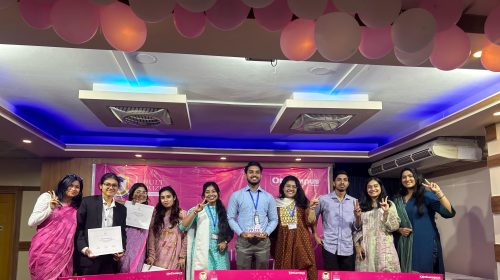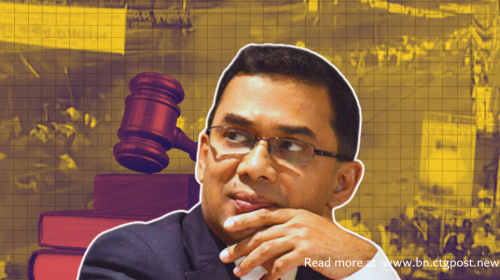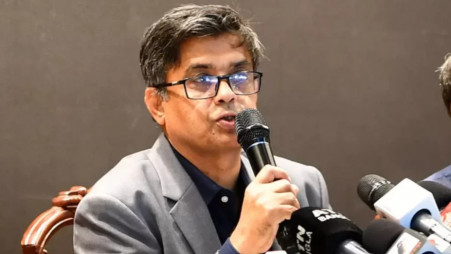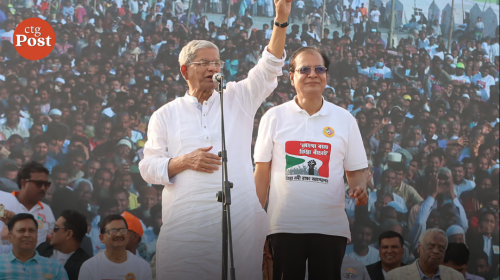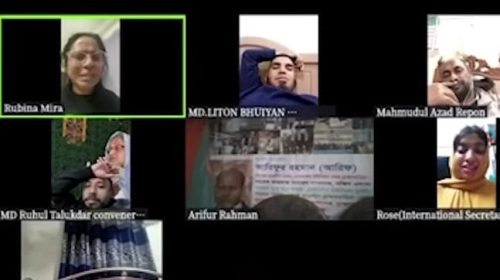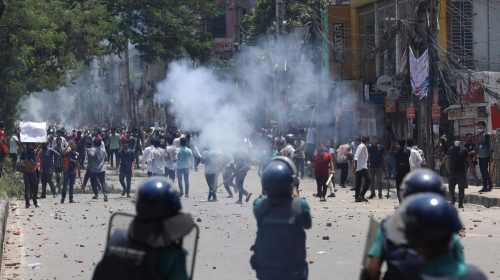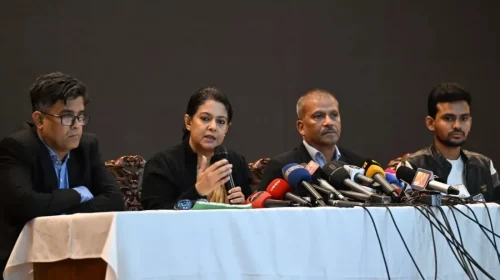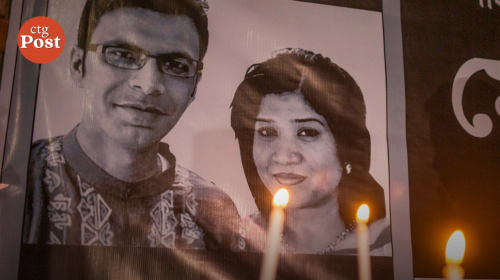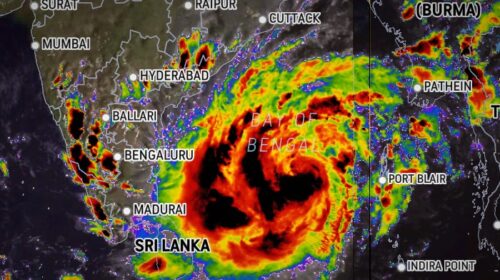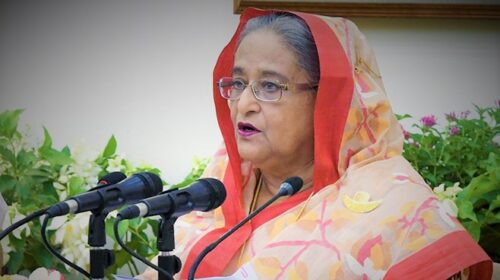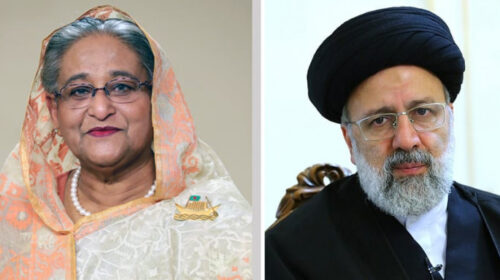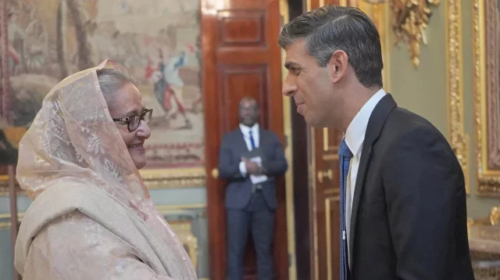New study finds huge labour loss due to climate change impacts.
Bangladesh is losing 7 billion working hours annually due to extreme heat exposure caused by global warming, a new study reveals.
If the global temperature increases by 1 degree Celsius, the country could lose approximately 21 billion working hours, said the study, conducted by researchers at Duke University in the US.
It estimates if the temperature rises by 2 or 4 degrees Celsius it can result in a loss of 31 or 57 billion work hours annually in the country.
The study also projected that an additional 1 degree Celsius global warming could occur by 2037 and another 2 degrees Celsius by 2051.
Luke Parsons, a climate researcher at Duke’s Nicholas School of the Environment, and his colleagues published a peer-reviewed paper titled “Increased Labor Losses and Decreased Adaptation Potential in a Warmer World” based on their study in Nature Communications on December 14 last year where they presented these findings.
“As heat and humidity levels rise throughout the day because of climate change, options for moving outdoor labour to cooler hours will dramatically shrink, leading to significant worldwide labour losses,” said Luke Parsons, who led the study.
“Sadly, many countries and people most impacted by current and future labour losses are not responsible for the bulk of greenhouse gas emissions,” said Parsons.
On a hot summer day in Dhaka, the study said, the temperature remains between 27 and 28 degrees Celsius.
At this temperature assuming a 12-hour workday, an average worker loses 10 minutes of working hours due to heat exposure every day.
At the current temperature, Bangladesh loses 254 hours of labour per person annually due to heat exposure.
The economic impact of such a huge loss of working hours is also staggering.
At the current temperature, the global economy is losing $280 to $311 billion per year due to heat-related productivity loss.
According to the researchers, most of this economic loss occurs in low- and middle- income tropical countries like Bangladesh where a large number of people are involved in manual labour involving agriculture and construction.
In terms of vulnerability to work hours and productivity loss due to global warming, Bangladesh is the most vulnerable country in South and Southeast Asia after India and China.
Dr AKM Saiful Islam, professor of Institute of Water and Flood Management at Bangladesh University of Engineering and Technology, said the study is very much credible and alarming.
“We have already observed that several parts of urban areas like Dhaka and Chattogram turn into urban heat islands where average temperature becomes 2 to 3 degrees higher than the average temperature of the country,” he said.
“Most of our workers such as agricultural and other informal labourers work in uncovered environments and have to endure extreme heat exposure. They will quickly become dehydrated and heat stress conditions such as heat stroke, heat exhaustion, heat cramps will increase which will reduce their working hours,” said Saiful.
Again, in Bangladesh humidity also contributes to heat stress.
“We have seen in several studies that under current water evaporation conditions a person cannot stay in one place for more than six hours due to heat and humidity if the temperature exceeds 35 degrees Celsius.
“During the recent heat waves, the mean temperature of our country exceeded this limit quite often. And, there is no doubt that such conditions will decrease working hours considerably,” added Saiful.
Saiful suggested several adaptive measures to mitigate productivity loss.
“We need to increase sheds and green spots fitted with drinking water sources in the urban areas where people will be able to take rest during hotter days. We need to subsidise agriculture so that farmers can employ labourers in two shifts particularly during the sowing and harvesting seasons,” he said.
“We also need to bring all our citizens under universal health insurance coverage so that they can access quality healthcare anywhere anytime which will encourage them to work even under difficult conditions,” Saiful added.



